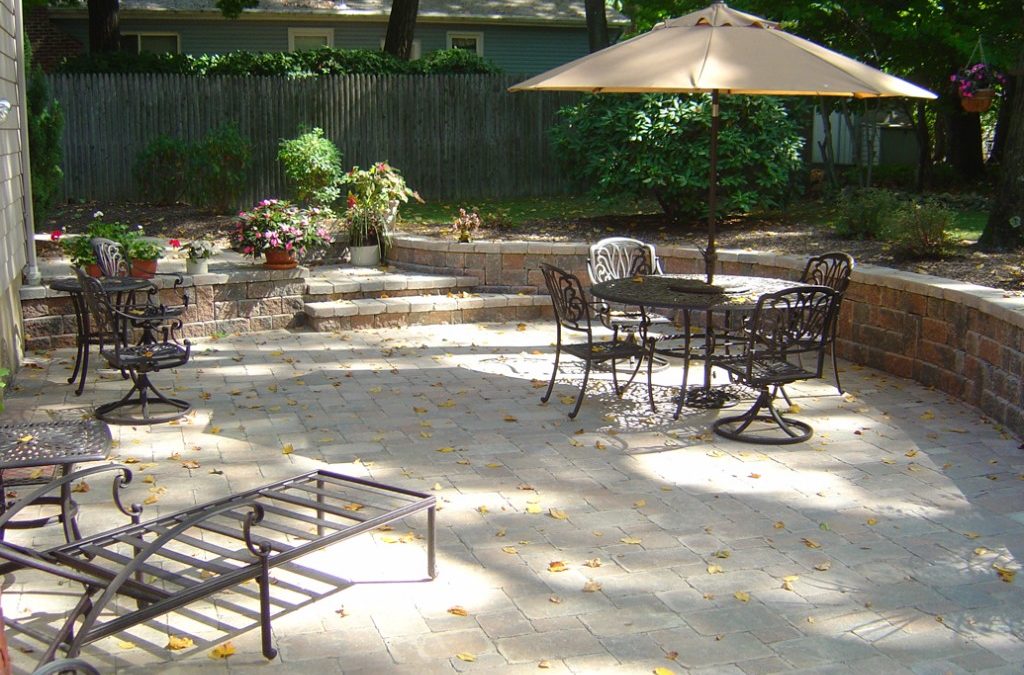Your garden lawn is a source of pride, a playing space for your family and a relaxing place. How you take care of your garden or lawn depends on the season and where you live. In the autumn, your garden transitions from active season of growing to a dormant season. Autumn is the best time to rejuvenate your lawn. As autumn weather sets in, you have to change gardening practices to prepare your landscape for the season ahead. Here are a few tips on how to start it and how to do it.
Preparation
A six-week window is enough for you to prepare the landscape of your garden. It is an ideal time for you to plant cool-season grasses like rye and fescue. This helps them to germinate and develop a strong root system. You may consider adding fertilizer to your garden preferably an all-natural fertilizer. Herbicides help in getting rid of weeds from your garden sprucing up its landscape.
Maintaining the Landscape
You can tidy up the landscape by removing fallen foliage, dry stems and other debris. Fluffing your mulch using a steel rake will allow water to be absorbed deeper into the subsoil. As you continue refreshing the landscape, you can add a few new plants for aesthetic purposes. Trees, shrubs and perennials specifically those giving seasonal colors such as asters, pansies and mums are good for your garden. You may transform your garden with cool-season vegetables like lettuce, Brussels sprouts, carrots, cabbage, cauliflower, broccoli, turnips or even potatoes. While you tidy up your garden landscape, you can utilize compost as much as possible. Spread it in the flower beds, at the base of shrubs and trees. This will give you more room in your composite bins for the leaves that will soon fall.
Attract Birds to Your Garden
Make sure to attract birds into your garden by feeding them. This is one landscaping component most people tend to forget. Bird droppings contain nutrients that help in fertilizing your garden. They also help in getting rid of harmful insects by feeding on them. This will ensure that you will spend less effort in spraying or dusting to control pests.


Recent Comments